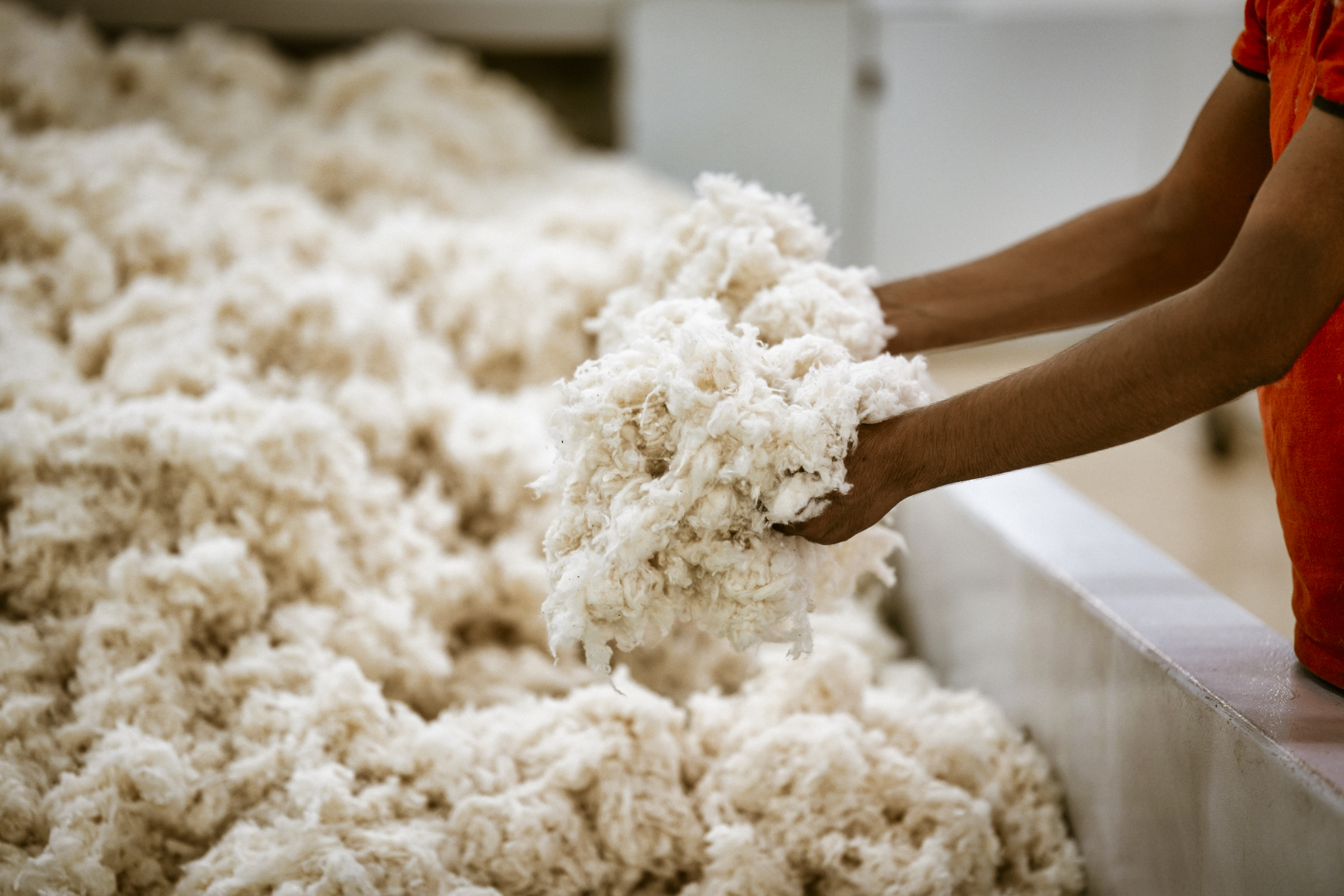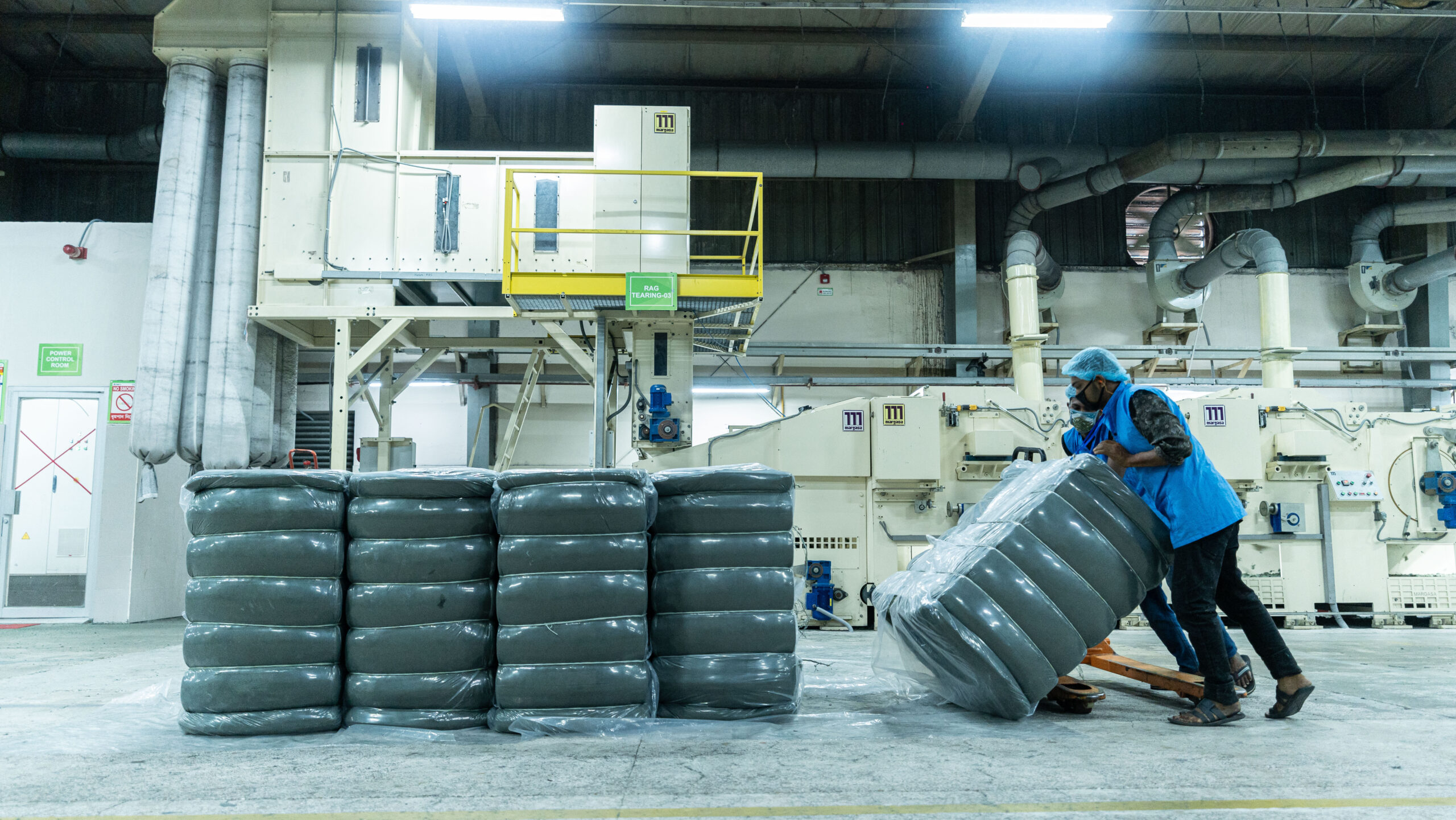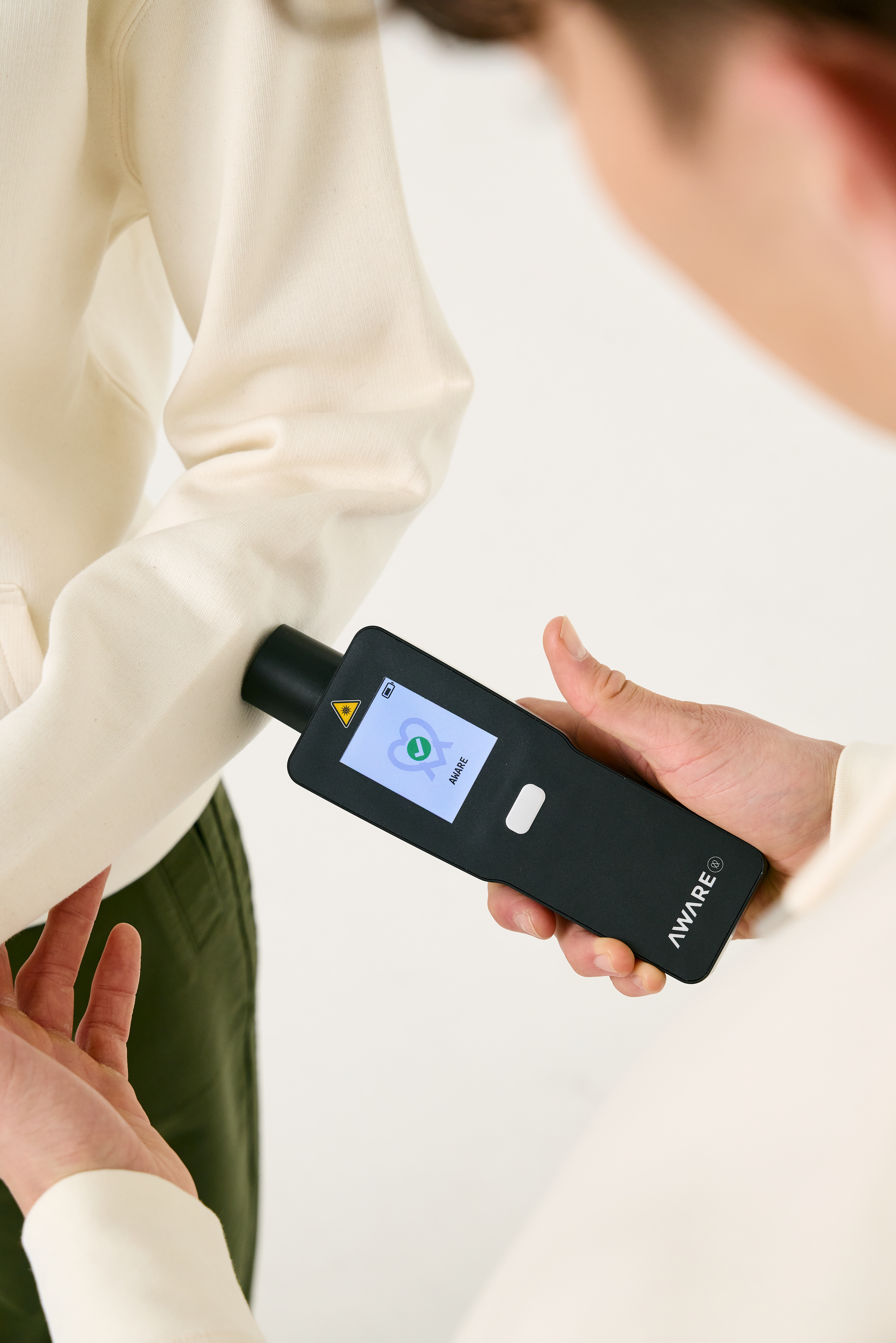In modern textile production, material choices are critical. With growing environmental pressure and increasing demand for traceability, we believe the path forward is clear: choose fibers that lower impact, meet performance standards, and support long-term sustainability.
The facts are hard to ignore. Every second, a truckload of used textiles is sent to landfill. Producing just one conventional cotton T-shirt takes 2,700 liters of water—equal to 2.5 years of one person’s drinking needs. On average, clothing production per person adds up to 270 kg of CO₂, 400 m² of land use, and nearly 400 kg of raw materials per year. Yet, less than 1% of used textiles are recycled into new clothing.
At Allgoods, these numbers drive our decisions. We’re focused on improving how products are made—starting with the fibers we choose.

Cotton First
At Allgoods, cotton comes first. As a natural fiber, it grows without synthetic pesticides or fertilizers, making it a cleaner, more responsible choice from the start. Even more, cotton offers long staple fibers—essential for durability, softness, and reliable results in printing and decoration. That’s why we prioritize organic cotton: it performs better, lasts longer, and supports more sustainable farming systems.
Recycled Blends and Certified Materials
We blend organic cotton with recycled cotton. This recycled fiber is mechanically recovered from pre- and post-consumer textiles, avoiding added chemicals and water use, and helping to minimize environmental impact.
In select cases where extra strength or technical performance is needed, we use recycled polyester made from post-consumer PET bottles. No matter the material, traceability and transparency are key. We always work with certified sources and verified supply chains.
All our organic cotton is certified to the OCS (Organic Content Standard), and our recycled fibers are certified to the GRS (Global Recycled Standard). These certifications ensure a controlled chain of custody and credible sustainability claims, every step of the way.

Built-In Traceability with Aware™
To guarantee transparency, we use Aware™, a fiber-to-product tracking platform. This means that from raw material to final product, every step is recorded and verifiable. Every item we produce includes a Digital Product Passport—a real-time record of material origin, certification, and production steps. This system removes assumptions and confirms that the materials used meet the highest traceability standards.
Getting It Right, One Choice at a Time
Sustainability in textiles doesn’t come from a single material or method. It comes from a series of smart, informed decisions—about what to use, how it’s sourced, and how long it will last.
We choose the right solution for each product, balancing environmental impact, product performance, and long-term value. Organic cotton plays a leading role in that approach, and we believe it sets the standard for responsible production in today’s market.
The future starts with what we make it from. And we’re working every day to make that future better—at the source.
